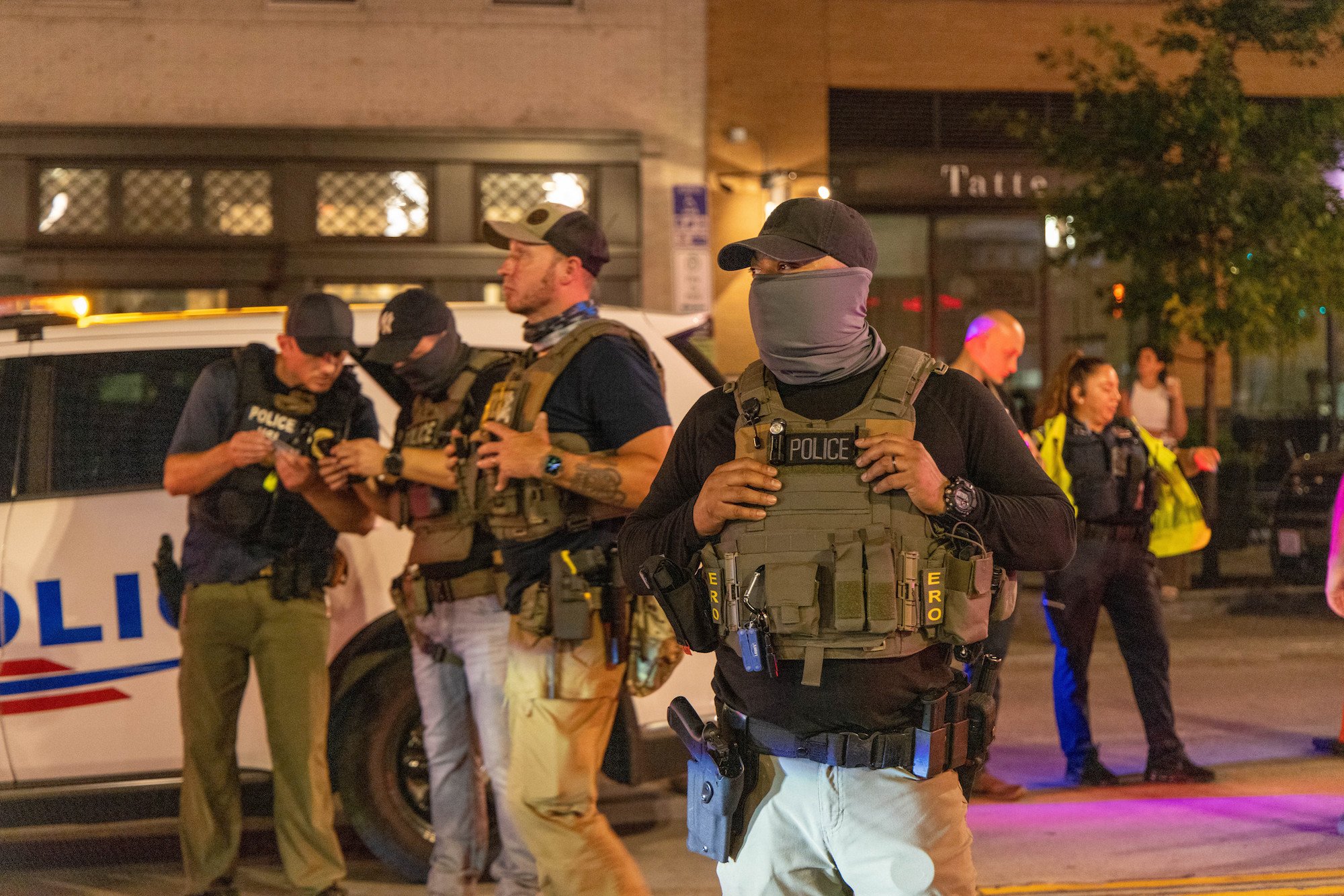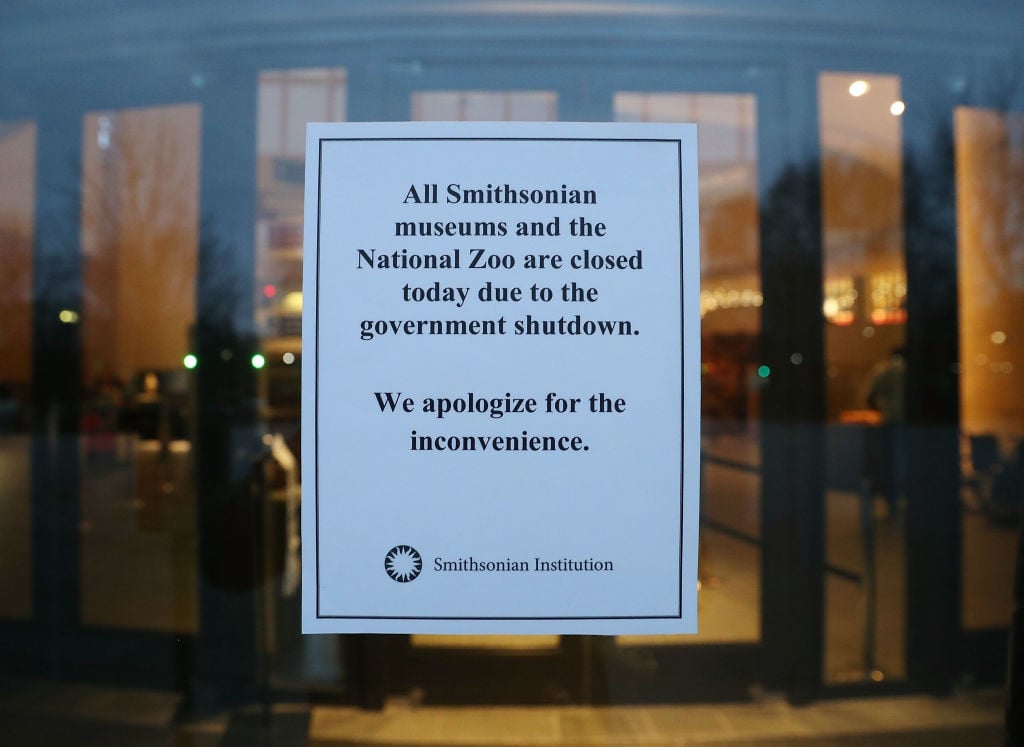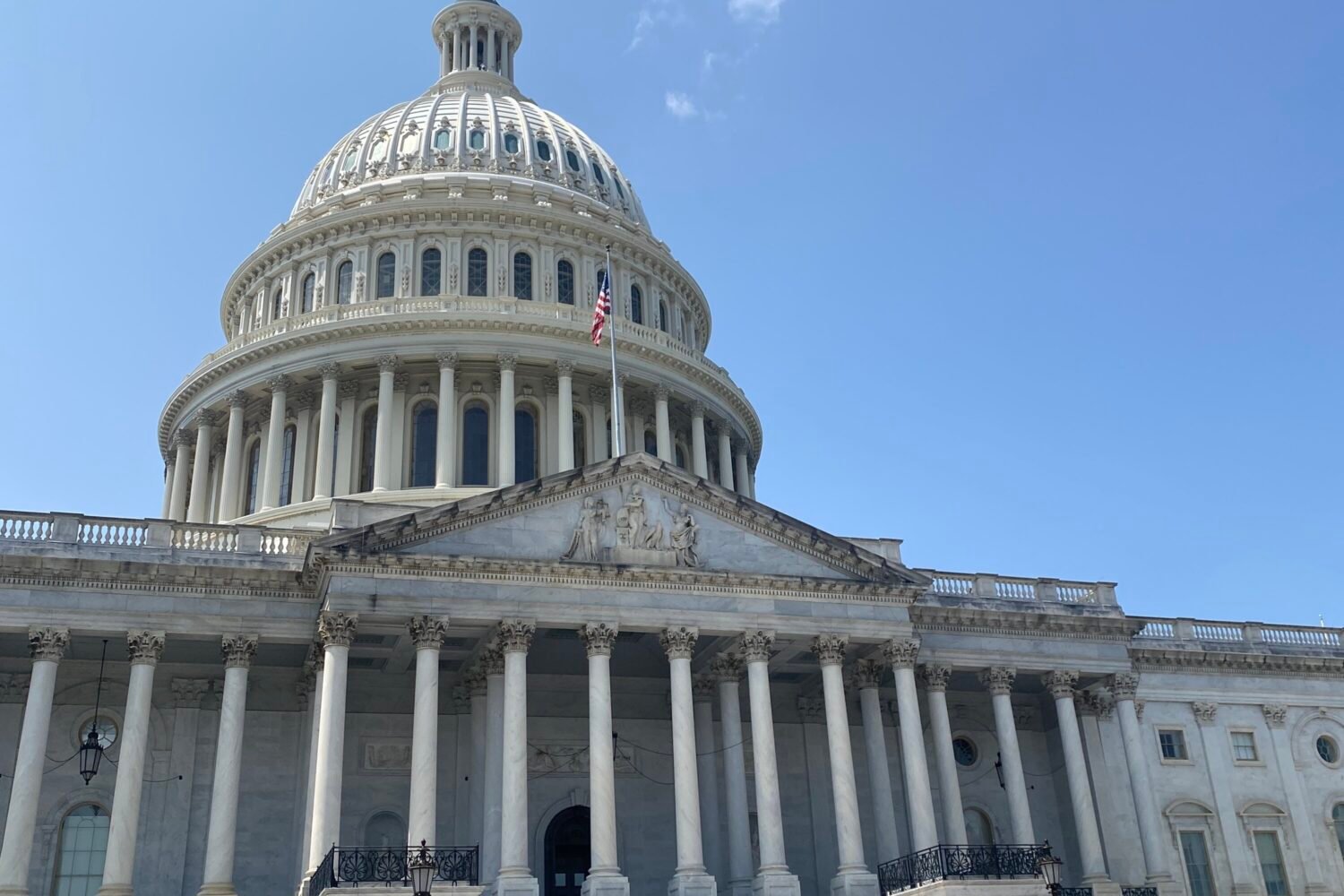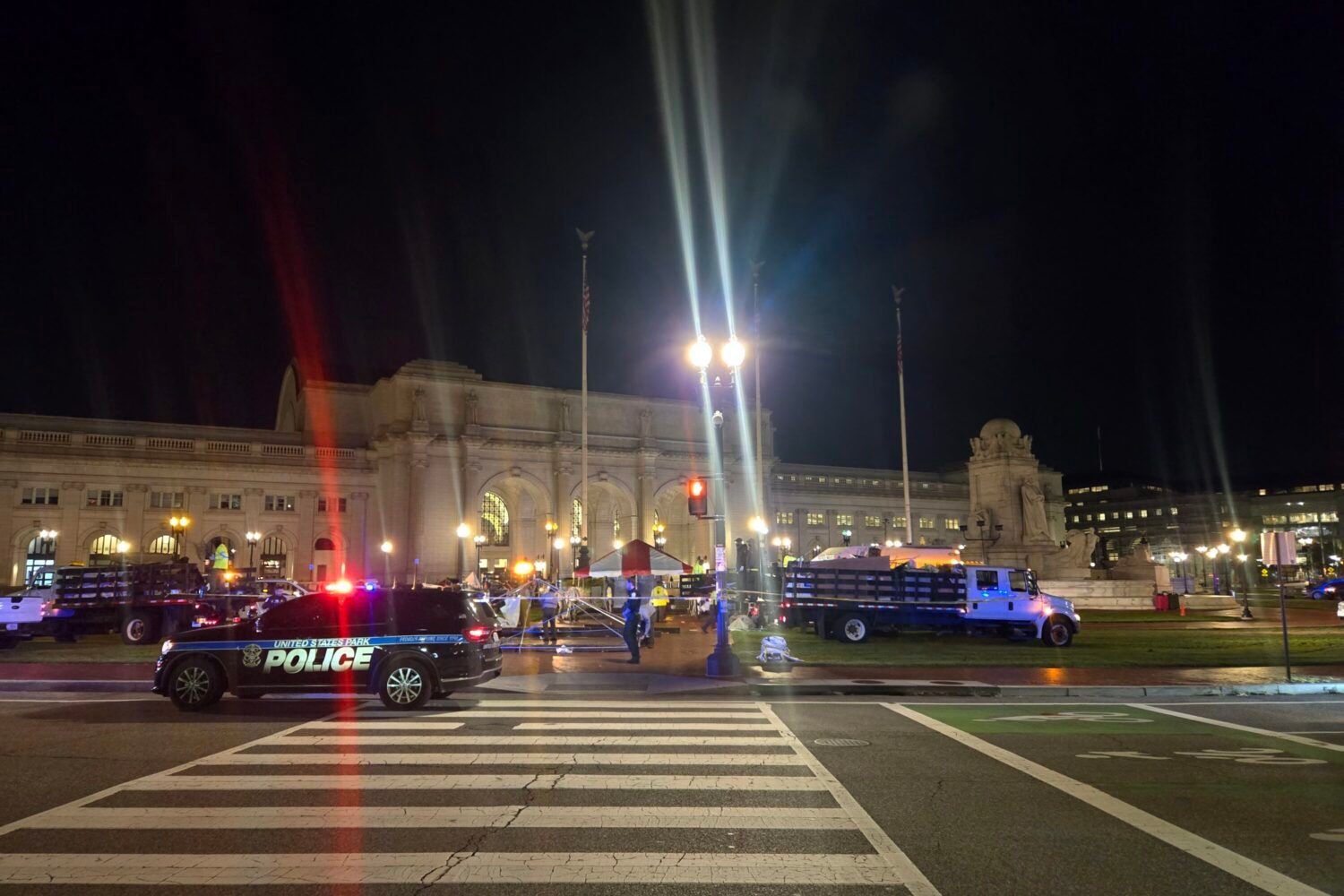ICE agents were pulling over cars on 14th Street, Northwest, just north of the U Street corridor on Wednesday night, asking about immigration status and detaining at least two drivers. DC police officers on the scene said the checkpoint was focused on traffic safety and “status,” but ICE and Homeland Security Investigations agents wouldn’t say a word. Many covered their faces with neck gaiters.
The scene was shocking. Pedestrians at the busy intersection staged an impromptu protest, taunting agents, shouting “Go home fascists!” and making signs to warn drivers away. But amid the Trump administration’s ramping up of federal law enforcement presence in DC to fight a supposed crime crisis, this could become a regular occurrence for at least the next month.
Local police are subject to more accountability than federal forces if they violate the constitution. But even if you are caught up at an ICE checkpoint or questioned by federal agents—or if you’re a bystander—you have rights.
“We’re in this moment where it’s like uncharted waters,” says Monica Hopkins, executive director of the American Civil Liberties Union of DC. “But your rights are your rights regardless of your citizenship status.”
Whether you’re a citizen or not, you have the right to remain silent if you’re stopped by federal agents— but you must verbally invoke it. Once you do, staying silent means you don’t need to discuss your immigration status. You can ask “Am I free to leave?” and do so calmly if the answer is yes.
Anyone detained by DC police has the right to an attorney. With ICE, the government doesn’t need to provide you with a lawyer, but you do have the right to consult with one. If you’re pulled over, you may be required to show your license, registration, and proof of insurance. If you’re not a citizen, you must show your immigration papers to an agent on request if you have them. However, you can refuse a search of yourself or your vehicle if there is no judicial warrant.
For non-citizens already on ICE’s radar, options are slim. Genevieve Augustin, legal director at the DC immigrant resource center CARECEN, says people should cooperate by giving their names and IDs, but not passports. But she says ICE has access to biometric information and can establish probable cause for arrest in a number of ways, so what’s most important for undocumented people is to have a plan in case of detainment.
“We have to be realistic about this,” Augustin says. “Although they have rights, at the end of the day, if they’re on ICE’s radar, there’s a good chance it’ll end up in an arrest, especially outside of their home. Once that happens, fighting their cases from scratch from custody is going to be very difficult.”
If you’re a bystander and want to video an ICE interaction or voice your opposition, you have the right to do both— as long as you don’t interfere. Like the pedestrians who held up signs warning drivers of the upcoming ICE checkpoint, you’re allowed to alert people nearby about the presence of law enforcement, Hopkins says.
But active civil disobedience, like yelling at or standing in front of officers, can have consequences. The Justice Department employee who threw a Subway sandwich at a Customs and Border Protection officer this week was fired after he was charged with felony assault.
“You should invoke your rights, but with any sort of interaction, make sure to not escalate by getting into an argument,” Hopkins says. “The priority is: people should keep themselves safe, and complain later.”



















